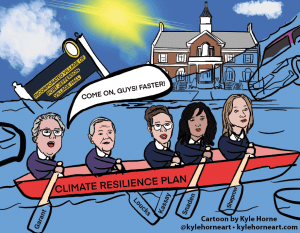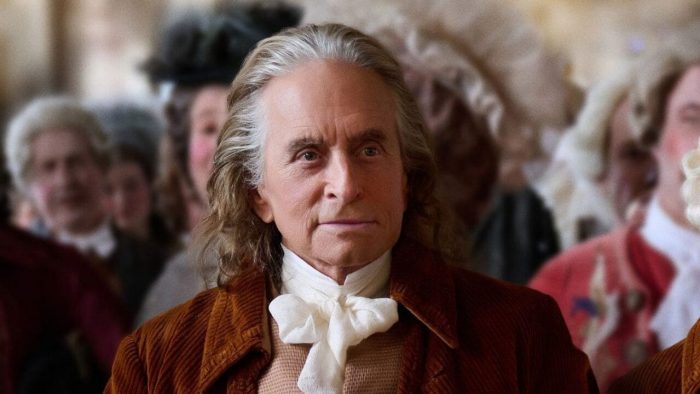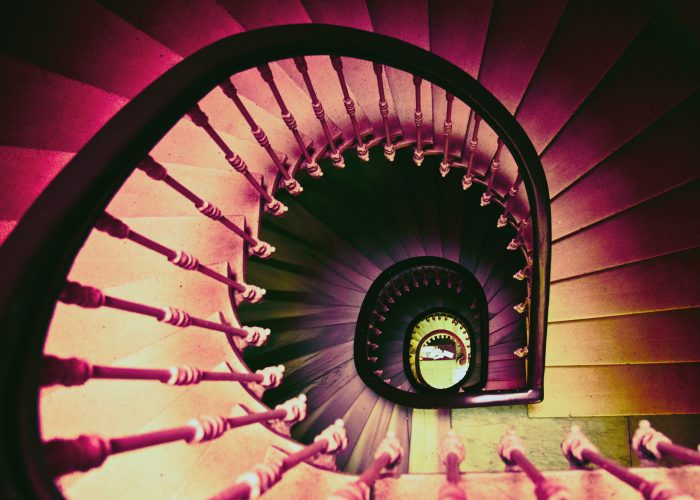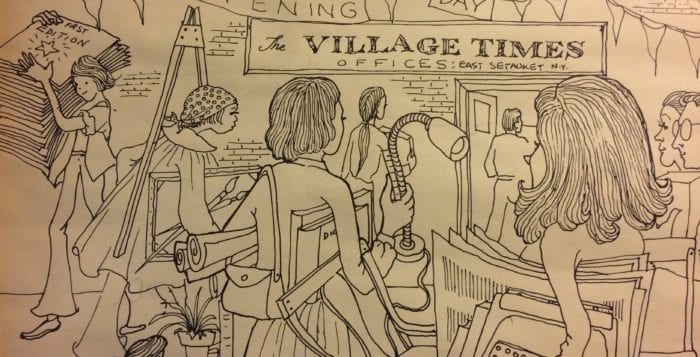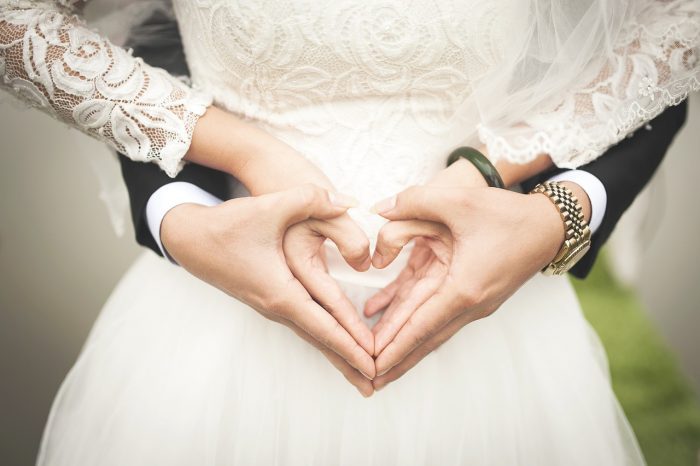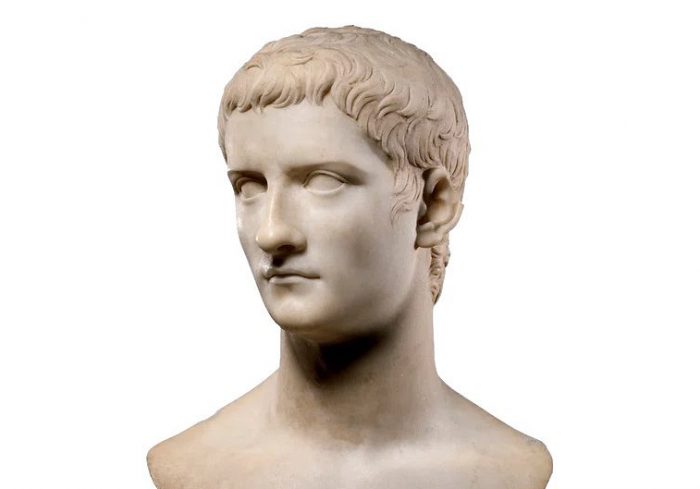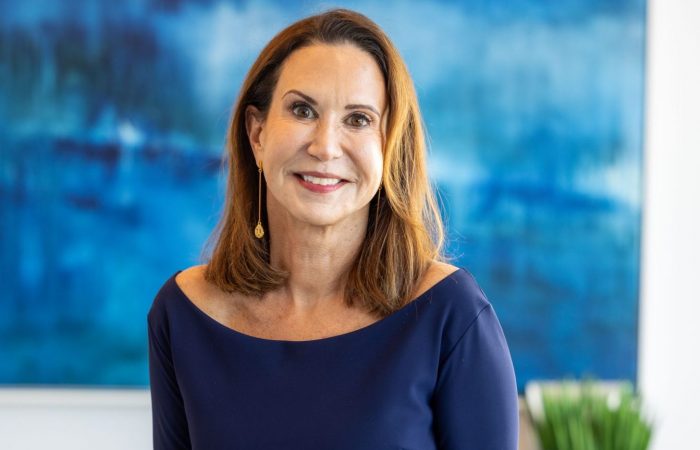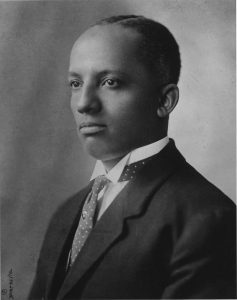By Leah S. Dunaief
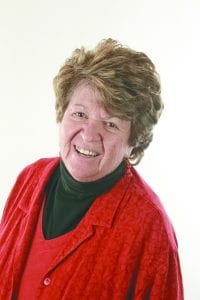
Publisher
“What can I do? I’m only one person.”
How many times have we heard that lament? People excuse themselves from doing what they could, since everyone has some skills, to rectify a situation or help a cause by falling back on that one-liner. Elsewhere in these papers, we tell you about one man (and woman) who made an enormous difference in the world. Of course, it helps if you are a genius.
Jim Simons was a genius. I knew him a little. He lived in Old Field and was a self-deprecating genius, except for the time he referred to himself during a talk he was giving to a small group as “Midas.” And he was right; he turned his understanding of mathematics into investments that made unprecedented amounts of money in much the same way King Midas, in Greek mythology, turned everything he touched into pure gold.
I remember, years ago, when I was traveling in Australia and I walked by a newsstand. Some magazines were propped up with their front pages displayed. I had to stop and stare for a moment because there was Jim’s face above the headline, “Highest income earner in the world” that year. It seems he had grossed four billion dollars, if I recall correctly. That was after he founded Renaissance Technologies in, of all places, beautiful downtown East Setauket.
If you want to make the world a better place, it helps to be a genius and to have fabulous sums of money. But that’s just the beginning of the story.
As Jim once said, “It’s really hard giving away money…well.” He spent the last third of his adult life figuring out how and to whom he and his wife, Marilyn, should be donating funds.
The philanthropy I am most familiar with is Math for America. Being a mathematician, it’s not a surprise Jim was most concerned early on about how math was taught in the schools. Data revealed that the answer was “not very well,” or at least, not as well as it could be taught.
How to proceed?
Jim got his arms around the problem by starting with math teachers. He founded a nonprofit organization to support NYC public school teachers that eventually turned into a four-year fellowship program to increase math and science teachers’ skills.
“MfA’s role is valuing excellence in teaching and doing everything we can to keep great teachers in the classroom,” Jim explained. Part of the problem was the low pay. Math teachers often got hired away by business and industry, leaving a void in the classrooms.
He outlined the five core beliefs of his organization.
First was that teaching is a true profession, giving teachers enormous respect and financing.
Second was that great teachers are always learning. They strive to improve their depth of content knowledge, their expertise in teaching, and their ability to teach to the strengths of every student in their classroom.
Third is the necessity for deep collaboration within a community of fellow experts to achieve ongoing growth.
Fourth is that regular evaluation of teachers is required to advance the profession.
And finally, fifth is by honoring greatness in the profession. That is achieved by celebrating, promoting and advocating for the best teachers, which raises prestige and attracts the best possible candidates to a career in the classroom.
Here are some impressive numbers that have resulted from that single organization, Math for America, founded 2004.
There are 1078 total teachers that have participated across NYC. Some 125 professional development courses have been offered by MfA in 2022-2023 that are focused on topics of equity and inclusion in the classrooms.
82 percent of MfA teachers have led professional development for their school colleagues.
400+ high quality STEM-focused courses have resulted each semester of which 75 percent have been led by MfA teachers.
60 percent of MfA teachers in NYC said they might have left teaching during 2022-2023 if not for their fellowships.
MfA has been recognized by the legislature of NYS and the U.S.Congress.
Thank you, Jim Simons.




